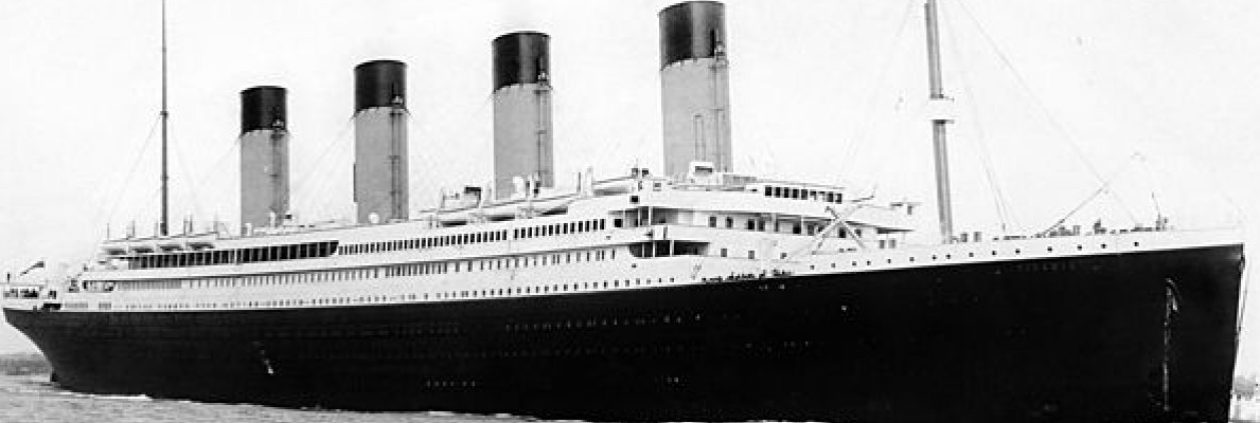
Public Domain
On 23 March 1919, Benito Mussolini founded the Fasci de Combattimento, a name drawn from peasant revolutionaries from the 19th century. These “fighting bands” as they were commonly called back then, became the foundation of the Italian Fascist Party. Mussolini, who had been committed to Socialism but disenchanted how it did not support defending France during World War I, broke away from his former allies to found this new party. The Fascist Party incorporated many aspects of Communism and Socialism within its ideology (please see my write up on Fascism here) but differed when it came to private property and nationalism. Mussolini believed that using nationalism could unify a nation without having to seize private property but rather convince the owners to serve the state in its goals. And like Communists and Socialists, Fascists did not believe in democracy but one party and, more importantly, one person rule.
Why This Is Important
The Italian Fascist Party would inspire others to follow in the same vein such as Adolf Hitler in Germany, Franco in Spain, and Salazar in Portugal. And still inspires movements today.
Why Fascism Appealed to Italians
Italy faced many problems in the wake of World War I though it had been on the winning side. It acquired new territory as the Austrian-Hungarian empire was dismantled but the cost of the war left Italy in an economic depression. Italy lost 600,000 in battle, 950,000 wounded and 250,000 crippled for life. The cost of the war on the nation’s treasury was staggering resulting in its currency having reduced value, unemployment spiked and massive inflation set in as well due to the devalued currency. Despite being on the winning side, Italians felt betrayed at Versailles as their delegation was ignored. The government came across as weak and having little pride in Italy. This is what gave Mussolini his opportunity. With millions unhappy with how things were being done by the parliamentary government combined with a feeling of betrayal at Versailles, Mussolini knew he would be able to bring the Fascist Party to power. In October 1922, he led the Fascists on a march to Rome where King Emmanuel III asked him to form a new government. He was appointed head of the Fascist cabinet and appeared to work with the parliamentary government. Backed up by his own brutal police force, he became the de facto dictator of Italy and suppressed a Socialist revolt in 1924. In January, 1925 he proclaimed Italy a Fascist state and he was its leader (Il Duce). He would remain in power until 1943 when he was removed from office.
Sources:
1. Books
Pipes, Richards : Communism: A History, Modern Library, New York 2001
2. Internet
Britannica.com
History.com
History Learning Site





